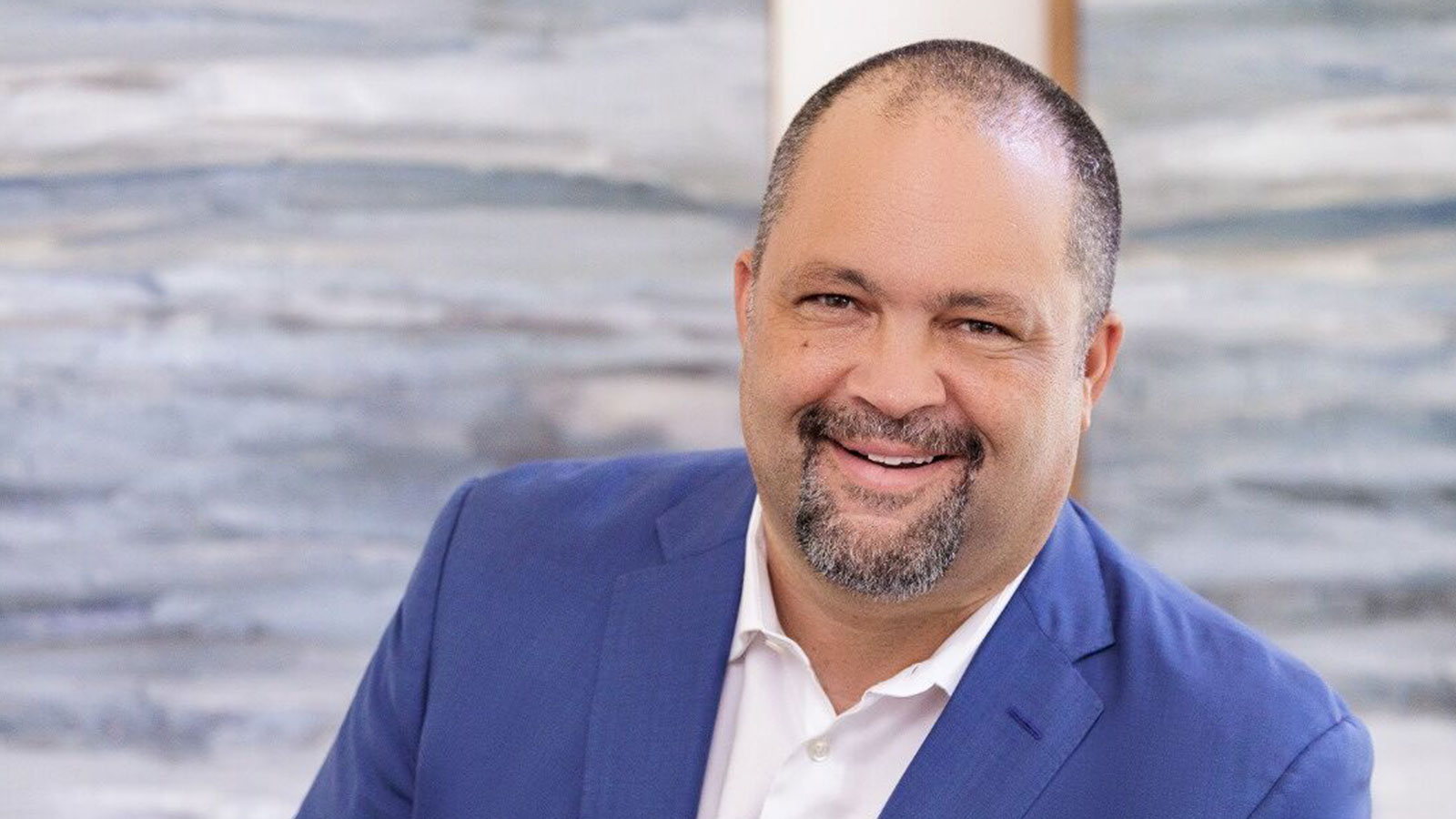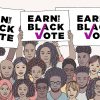The last Apollo mission launched a few weeks before I was born. I grew up hearing people describe an audacious goal as a “moonshot.”
What excites me lately is how poised for a comeback this country is for the environment and the economy. I think of it as our “Earth shot,” and my home state of Maryland is emerging as Cape Canaveral’s successor.
Sparrows Point is one of our launchpads. That’s where Orsted, a wind energy company, will manufacture what it needs to power about 300,000 Maryland homes as part of a state goal for offshore windfarms to provide electricity to about 3 million homes. That also will create 125 good jobs that pay well. All on a site that once housed the world’s largest steel mill.
The Free State is showing what can happen when bold leadership and real dollars meet to address climate concerns.
Governor Wes Moore and the state legislature last year set a goal for Maryland to cut greenhouse gas emissions by 60 percent by 2031 and reach net zero emissions by 2045.
They’ve begun pursuing those goals, from demanding dealers offer more options for zero-emissions cars and trucks each year until reaching 100 percent of sales in 2035 to permitting community solar power projects to bring that renewable energy to more homes and businesses.
The White House and Congress did their part last year by passing a historic spending package directing nearly $400 billion to growing clean energy and revitalizing American manufacturing. In Baltimore Friday, Vice President Kamala Harris announced a $20 billion loan program for underserved neighborhoods that she called “the largest investment in financing for community-based climate projects in our nation’s history.”
The unprecedented clean energy package provides tax incentives, grants, and loans for much of what Maryland seeks to accomplish. There are tax credits of up to $7500 for buying new and used electric cars and trucks. Pretty soon, the neighbors I see at our local watering hole near the Chesapeake Bay will be far less interested in my electric Ford F-150 because they’ll have one of their own.
Similarly, there are rebates of up to $8,000 for home energy efficiency upgrades like heat pumps and rooftop solar panels. This helps balance the upfront costs that hit immediately with the energy cost savings that only accrue over time. Owners of multifamily buildings can get rebates of up to $400,000.
Transportation and electricity use make up nearly 60 percent of Maryland’s greenhouse gas emissions, which makes this federal support vital and targeted.
The real test is to make sure the benefits of clean energy and the good jobs that will come with it are shared widely and fairly across Maryland and every state.
“The climate crisis impacts everybody, but it does not impact all communities equally,” the vice president noted. “Poor communities, rural communities, Native communities and communities of color are often the hardest hit and the least able to recover.”
We see this in places like West Baltimore where I spent summers with my grandparents and where the childhood asthma rate is five times higher.
We need more contractors to do those energy upgrades, and there are federal dollars to provide that, for example. We must ensure that people from the communities most in need have a place in that training, as they’re the ones most likely to serve their neighbors.
“When the President and I invest in climate, we intend to invest in jobs, invest in families, and invest in America,” Harris told the crowd at Coppin State University.
In the 1920s, National Geographic called Maryland “America in Miniature” for its terrain and waters. Let’s hope that nickname takes on a broader meaning as my state becomes the clean energy model it aspires to be and does it in a way that allows all residents feel the benefit. It’s then we’ll know that this Earth shot led to that “one giant leap for mankind” we’ve heard about.
Ben Jealous is executive director of the Sierra Club, the nation’s largest and most influential grassroots environmental organization. He is a professor of practice at the University of Pennsylvania and author of “Never Forget Our People Were Always Free,” published in January.















